Last year, I put together a small HEA individual grant to build upon our earlier research concerning terrorism and social work education, and civil unrest and welfare in Muslim countries. Unfortunately, the bid was unsuccessful but one should never let a good bid go to waste. Given that it was education focused, based around co-production and student enhancement – a ‘fusion’-based project! -I thought rather than try somewhere else for funding I would embed it into the third year undergraduate Sociology unit Terrorism, Protection & Society, where it would have sat if successful.
The project encourages active student engagement in learning, employing a methodology of co-production of knowledge in which skills to collaborate in producing critically informed and societally beneficial knowledge will be developed. Students are reading, critically, major UK newspapers, identifying and analysing those articles that mention ‘terrorists, terrorism or terror’ and associated concepts. From this they are engaged in identifying the processes by which our dominant cultural frames are constructed and can be challenged. The project findings, once 30-days worth of newspapers have been scoured for relevant articles, will be widely disseminated through the production of academic papers, a submission to eBU and through conference presentations.
Students following the Terrorism, Protection & Society module, engage in learning how the ‘other’, in this case ‘terrorist’, is constructed within popular debate and within the public media in the UK. As part of the project rooted within the unit, students will also analyse the media’s use of target terms (terrorist, terrorism, terror and so on) through a content and discourse analysis, and debate the potential consequences of this for contemporary society and for developing a deeper and more nuanced understanding that can assist in restraining social conflict, violence and the ‘othering’ of those who may be associated with core characteristics of ‘terrorists’ according to the socio-cultural master-narratives created by media representations.
Students will produce a paper with academic staff for the eBU on-line journal; most co-production of academic papers with students occurs at postgraduate level and this project has a degree of originality in promoting co-production of academic knowledge with undergraduate students, something we have done already in respect of edited books. Other academic outputs will be developed and students demonstrating interest and capacity will be invited to participate in their production.
Alongside the academic publications envisaged, this proposal meets BU’s fusion objectives in seeking also to add to the corpus of evidence of pedagogical benefits for students of knowledge co-creation and includes a focus on the student experience of the processes of learning.
Thus, as part of the teaching and learning students engage with, the project has wide reach and significance for student learning and pedagogical development by enhancing social and cultural understanding amongst students who will soon graduate, alongside producing autonomous and critically thinking individuals who can translate their learning and core skills into the employment market.
This week students energetically engaged with the preliminary data extraction and coding of those newspaper articles dealing with concepts and issues that were termed or could be termed as terror, terrorist, terrorism, extremism and so forth. The work undertaken helped to put in perspective some of the first two weeks’ lecture material and allowed the students to bring their own critical understandings to this complex and emotive area.
So far, the project has illuminated to me what an incredibly versatile and intellectually agile student body we have; people who will be an asset to the workforce of the future and a credit to our university! I am looking forward to the following weeks as the project unfurls.
Professor Jonathan Parker
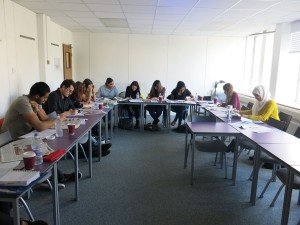
Sociology students engaged in research



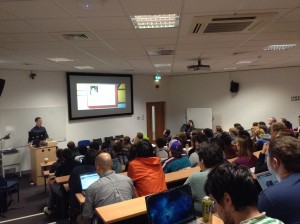

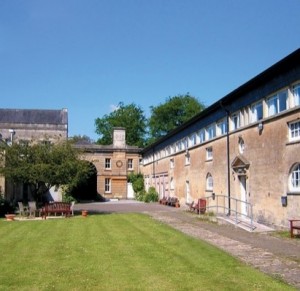
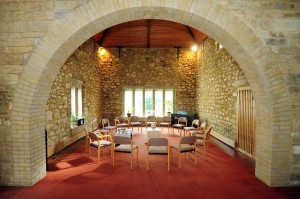


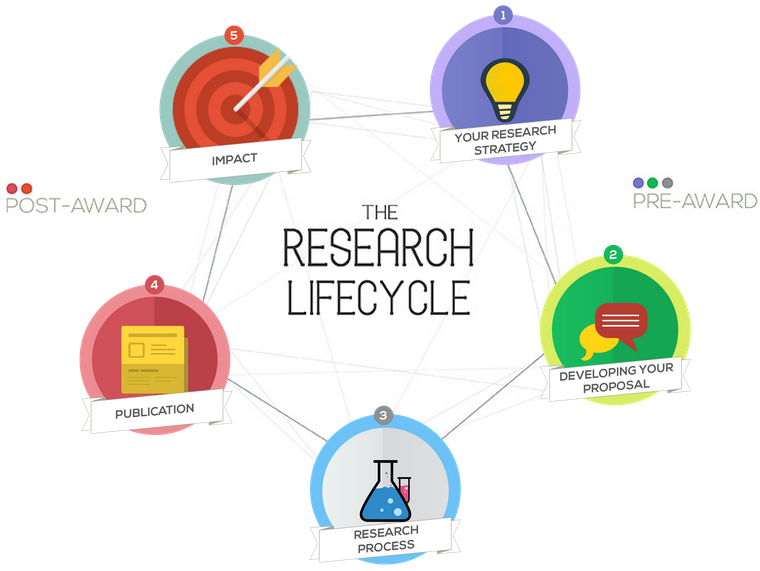
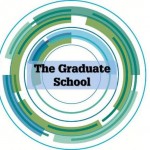
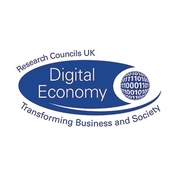
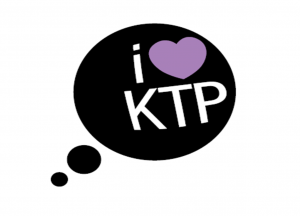
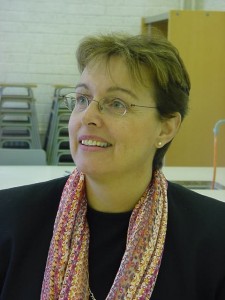











 REF Code of Practice consultation is open!
REF Code of Practice consultation is open! BU Leads AI-Driven Work Package in EU Horizon SUSHEAS Project
BU Leads AI-Driven Work Package in EU Horizon SUSHEAS Project Evidence Synthesis Centre open at Kathmandu University
Evidence Synthesis Centre open at Kathmandu University Expand Your Impact: Collaboration and Networking Workshops for Researchers
Expand Your Impact: Collaboration and Networking Workshops for Researchers ECR Funding Open Call: Research Culture & Community Grant – Apply now
ECR Funding Open Call: Research Culture & Community Grant – Apply now ECR Funding Open Call: Research Culture & Community Grant – Application Deadline Friday 12 December
ECR Funding Open Call: Research Culture & Community Grant – Application Deadline Friday 12 December MSCA Postdoctoral Fellowships 2025 Call
MSCA Postdoctoral Fellowships 2025 Call ERC Advanced Grant 2025 Webinar
ERC Advanced Grant 2025 Webinar Update on UKRO services
Update on UKRO services European research project exploring use of ‘virtual twins’ to better manage metabolic associated fatty liver disease
European research project exploring use of ‘virtual twins’ to better manage metabolic associated fatty liver disease